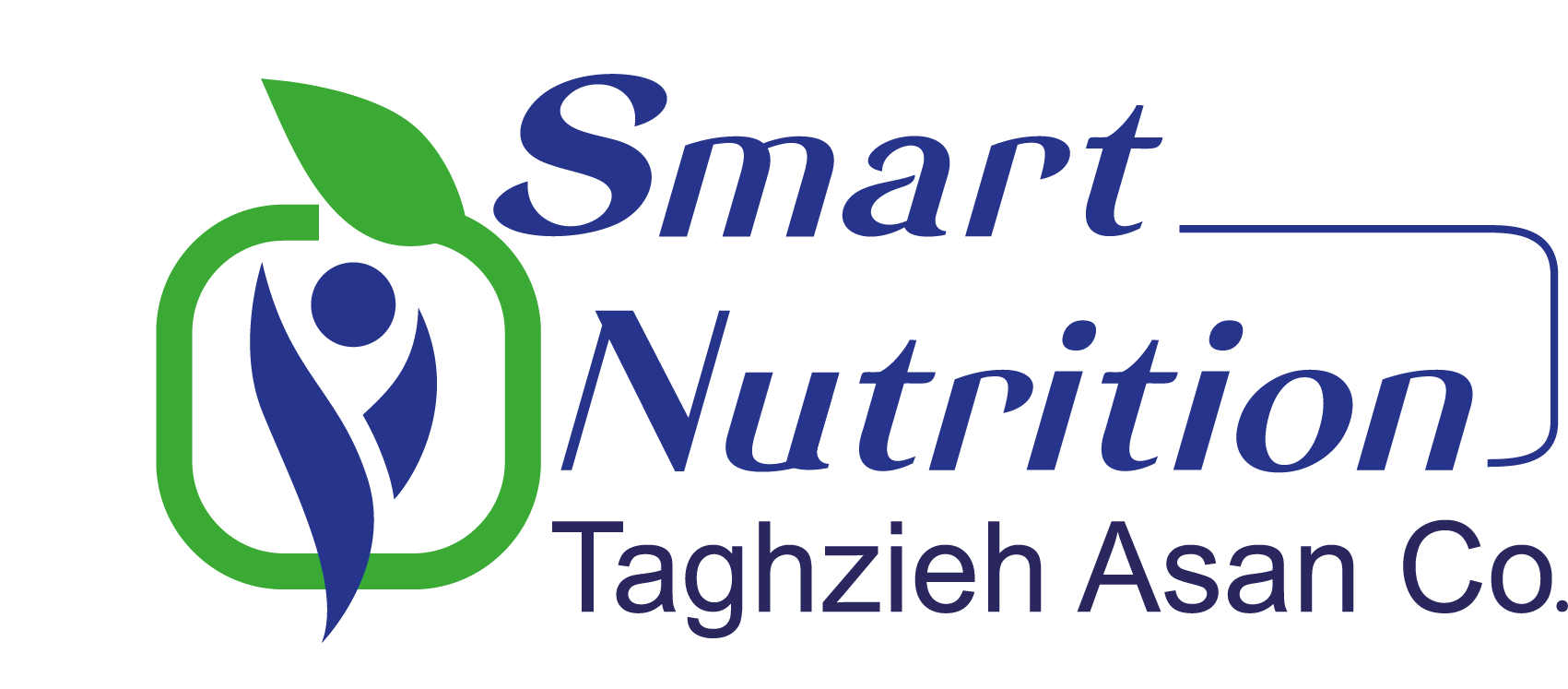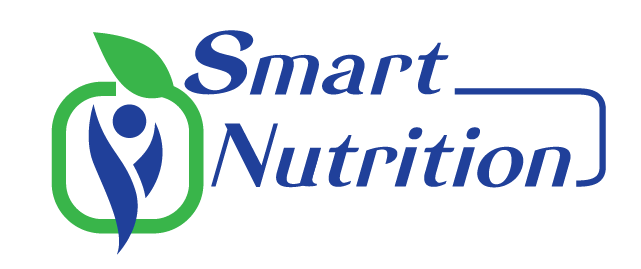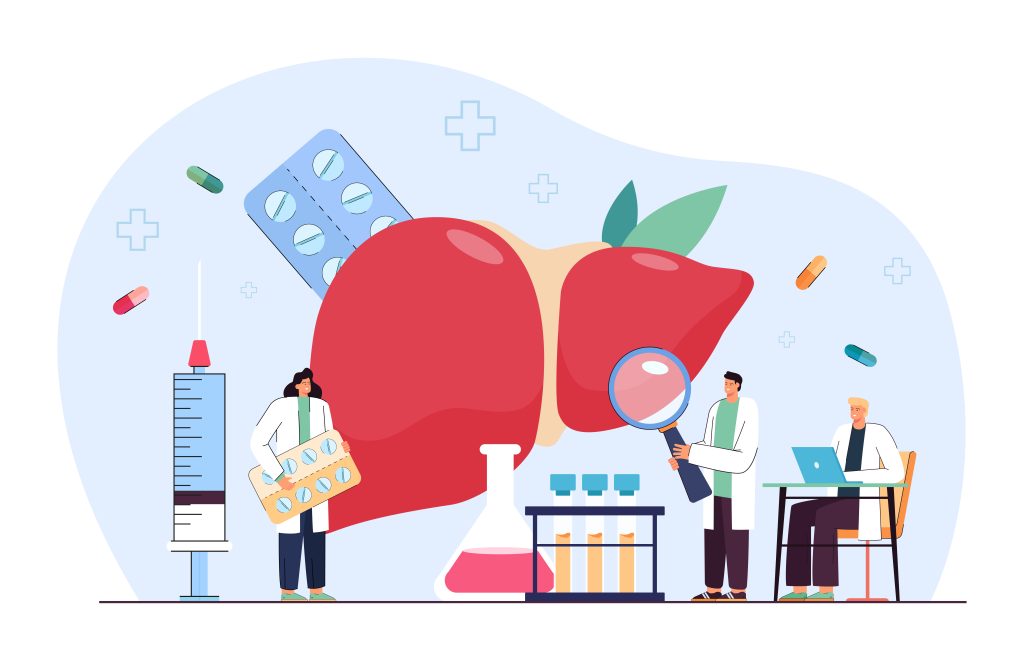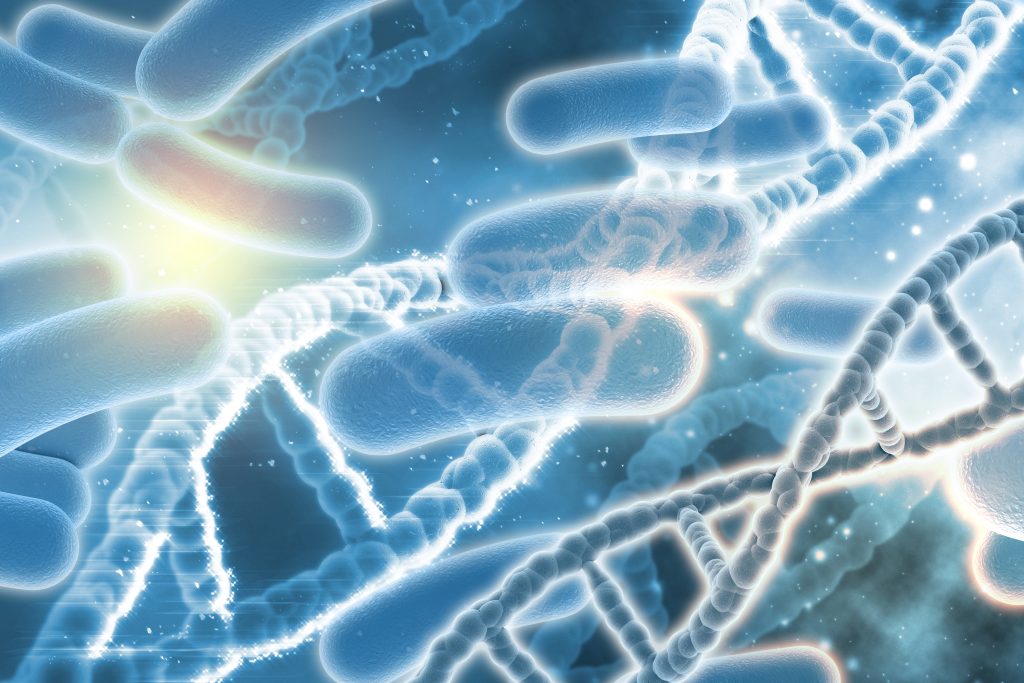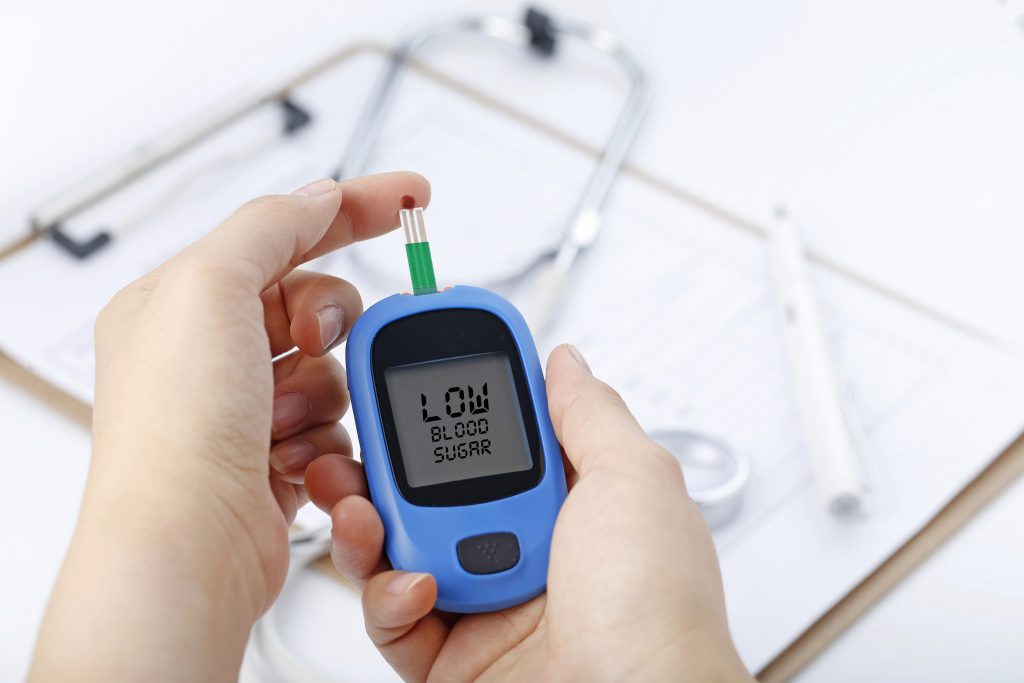Fatty Liver
Non-alcoholic fatty liver disease usually occurs in people who are obese or sedentary and who have a diet rich in processed food products. One of the best ways to treat fatty liver disease is to control the diet.
In a healthy body, the liver helps remove toxic compounds from the body and produces bile needed for digestion. Fatty liver disease leads to the destruction of the liver and impairs its efficiency.
In general, a suitable diet for fatty liver includes the following:
Lots of fruits and vegetables
Plants with high fiber content such as legumes and whole grains
Reducing the amount of sugar, salt, fat and refined carbohydrates (such as white bread, which has been stripped of many of its nutrients)
Refrain from consuming products containing alcohol
Using a suitable food for the fatty liver diet, containing low fat and reduced calories, leads to weight loss and reduces the risk of fatty liver disease.
